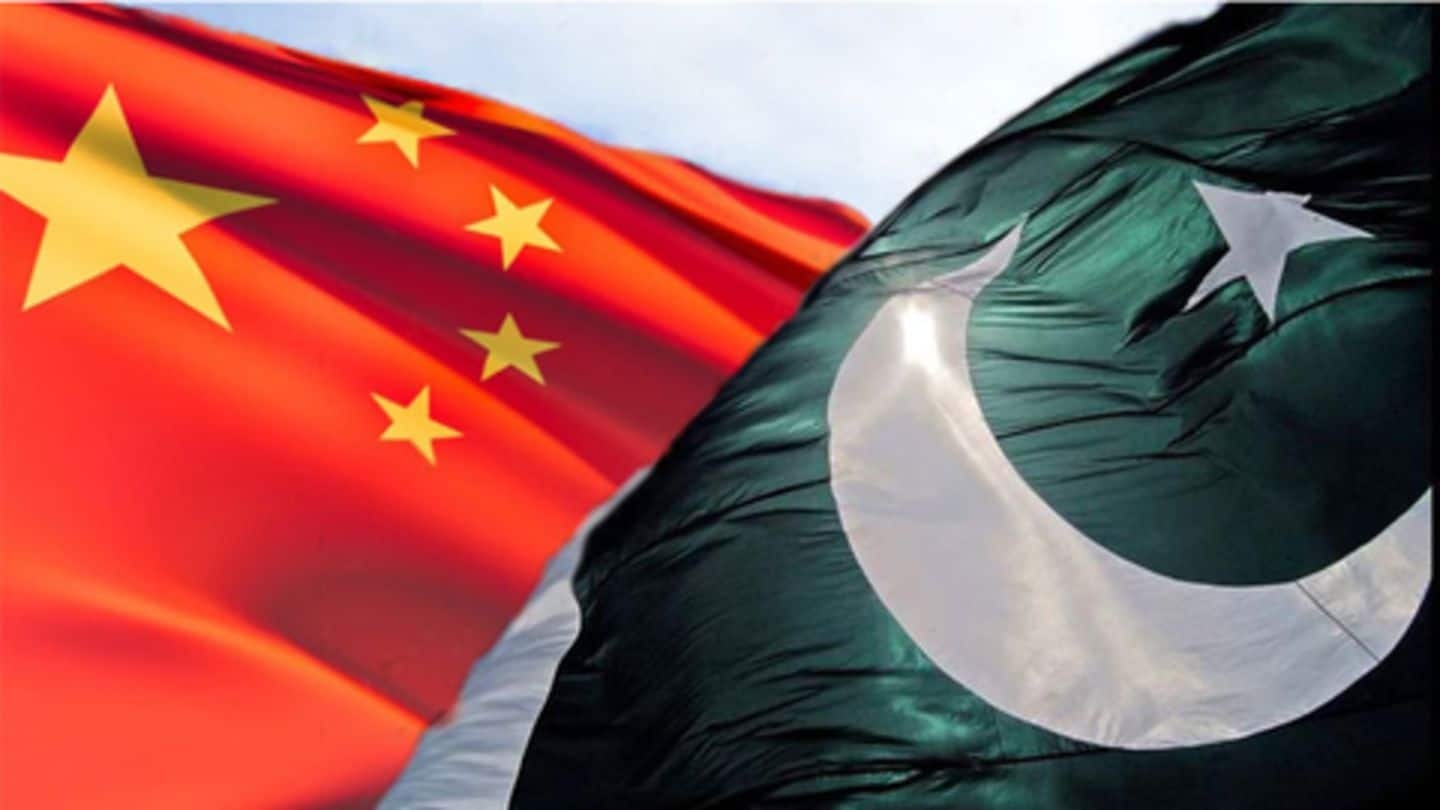
US demands transparency over Chinese debt on Pakistan
What's the story
The US is demanding transparency over China's debt on Pakistan, Under Secretary of Treasury for International Affairs David Malpass told lawmakers during a Congressional hearing, amid concerns that Islamabad is seeking a multibillion-dollar bailout package from IMF to pay back Chinese creditors. Cash-strapped Pakistan requested the bailout from the International Monetary Fund (IMF) in October to deal with a mounting balance of payments crisis.
Details
Malpass was speaking at Senate Foreign Relations Subcommittee hearing
Responding to a query by Oregon Senator Jeff Merkley, Malpass said that the IMF team "just came back from Pakistan." "One of the things we're pushing hard for is full transparency of the debt," Malpass highlighted. He was speaking during a hearing of the Senate Foreign Relations Subcommittee on Multilateral and International Development, Multilateral Institutions, and International Economic Energy and Environmental Policy in Washington.
Bailout
Merkley says Pakistan seeking IMF bailout of $12 billion
"Pakistan is a good example of a country that has a significant amount of Chinese investment. I think the number I have is $62bn," Merkley said. "They owe a lot of money back to China, Chinese banks, and they're seeking an IMF bailout. I think it's a $12bn bailout. They have asked the US to make sure that we don't block this," he said.
Terms
China hasn't disclosed the terms of that debt, notes Merkley
"Is that IMF money essentially going to help Pakistan repay Chinese banks? Why is that a good economic development strategy?" Merkley, a ranking member of the subcommittee, asked. He said, "One of the challenges is they (China) haven't disclosed the terms of that debt." "That means the interest rate, the maturity, and when it would have to be repaid," he said.
Pak-Sino ties
Pakistan's a major recipient of China's Belt and Road Initiative
"We think that the maturity of the Chinese debt comes after the IMF would have been repaid," Malpass replied. Pakistan is a major recipient of China's Belt and Road Initiative (BRI), a multi-billion-dollar initiative launched by Chinese President Xi Jinping in 2013. It aims to link Southeast Asia, Central Asia, the Gulf region, Africa and Europe with a network of land and sea route.
Loan issue
Problem of unclear loan terms not unique to Pakistan: Malpass
Malpass said, "A challenge is to find a program that will cause substantial economic reform in Pakistan and that will allow it to be funded, that Pakistan be funded and have an ability to survive in financial terms going forward." He added that this problem is not unique to Pakistan but also to other countries, where the terms of the loans are not given.
Shady loans?
'Terms of Chinese debt not given to borrower, international community'
Malpass said that in some cases the terms of the Chinese debt are not given to the borrower nor to the international community and sometimes not even to "certain parts inside the government itself." He added, "It's something that we're pushing back on very hard in the Paris Club, in the OECD, IMF, the World Bank, at the G20 and in the G7."
Pleas
Developing countries must have alternative to Chinese model, says senator
Senator Todd Young, who was chairing the hearing, said that the US should ensure developing countries have an alternative to the Chinese model. "In a vacuum created by the absence of US-leadership, China would twist these organizations to their purposes and would expedite the creation of alternatives to the institutions that have done so much good and serve the interest of Americans," he said.
Economic row
China provides subsidized loans, shrinks market-share for US firms: Merkley
Merkley alleged the Chinese Government continues to provide subsidized loans, export credits, and loan forgiveness. These firms use unfair advantages to shrink market share for US firms who don't receive the same benefits from the US and are forced to lay off workers. Malpass said that US has engaged repeatedly with China on trade and investment concerns and the problems caused by the BRI.
BRI trap
Sri Lanka couldn't pay Hambantota Port debt, lost to China
The BRI often leaves countries with excessive debt and poor-quality project, US officials have said. Roland de Marcellus, Acting Deputy Assistant Secretary of State for International Finance and Development, said that as the Sri Lankan Government could not pay its debt over Hambantota Port, China converted the port to their own ownership for a 99-year lease, as well as 15,000 acres of land.